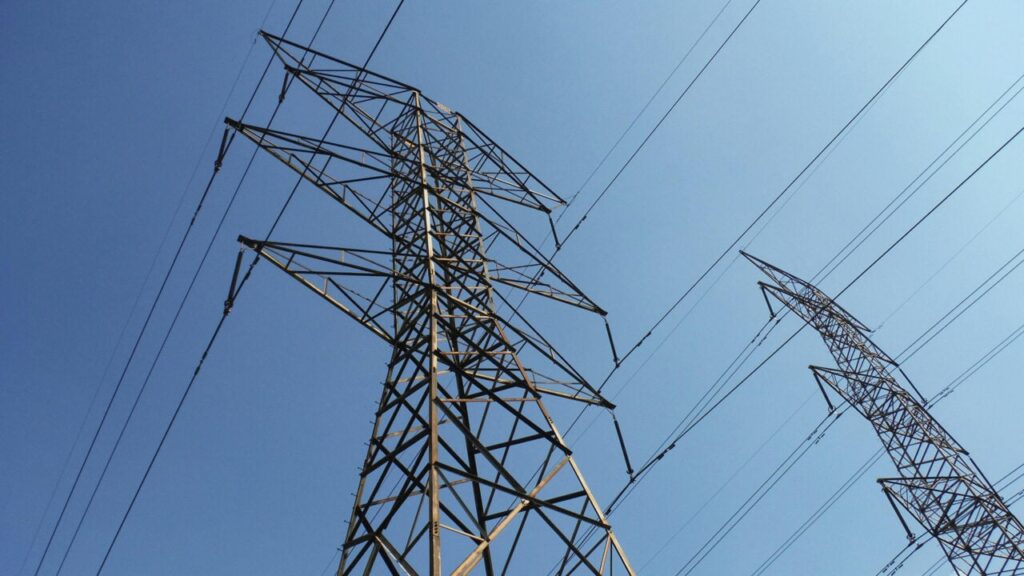UK research consultancy Cornwall Insight has cautioned that any move to introduce zonal pricing in Great Britain will unlikely occur until the early 2030s.
The organisation released a statement yesterday (12 May) outlining that, even under the most ambitious timelines, zonal pricing will likely be implemented in the next decade.
This comes as the UK government will likely decide whether to introduce zonal pricing to the GB market. If zonal pricing is pursued, it could be one of the most significant changes and shifts in the modern energy market.
According to Cornwall Insight, the predicted timeline would see the government conduct a detailed consultation and design of the market between 2025 and 2029. This will also see legislative and regulatory changes between 2027 and 2030.
Following these, a transitional period will be implemented between 2030 and 2031 ahead of full integration after 2031. The pace of this implementation will depend on the pace of the process and stakeholder consensus.
Kate Mulvany, principal consultant at Cornwall Insight, highlighted that zonal pricing would mark the “most fundamental redesign of the GB electricity market in decades.”
“It is an incredibly divisive topic in the industry, and regardless of the purported benefits, its implementation will take significant time and resources. Political backing and industry support may help, but a go-live before 2030 remains incredibly unlikely,” Mulvany added.
Zonal pricing proves divisive in the GB energy market
Zonal pricing would see costs dictated by local generation and demand: high generation and low demand would see lower electricity costs localised to the area. Fragmenting the market in this way would better reflect grid constraints, it is claimed. This decision is set to be made through a review of the electricity market arrangement (REMA) consultation.
The REMA consultation is, or was, one of the most ambitious on record. The initial scope of changes included eliminating the Capacity Market (CM), reinventing the Contracts for Difference (CfD) scheme, and splitting the wholesale market for different technologies. More or less all of these were ruled out, however, leaving zonal pricing open for debate.
Despite the numerous positives and supporters amongst the energy industry, such as Ofgem CEO Jonathan Brearley and Octopus Energy, it is not without its critics.
In October 2024, 11 trade groups wrote an open letter to Ed Miliband and secretary of state for Business and Trade Jonathan Reynolds criticising zonal pricing.
The letter stated, “splitting GB into several regional price zones would undermine investment in low carbon energy and risks penalising the UK’s energy-intensive industries with higher electricity costs in globally competitive sectors”.
Signatories of the letter included wind energy trade body RenewableUK and solar trade association Solar Energy UK.
The zonal pricing debate was explored in-depth in a blog posted to our sister site, Solar Power Portal, available to read here.






